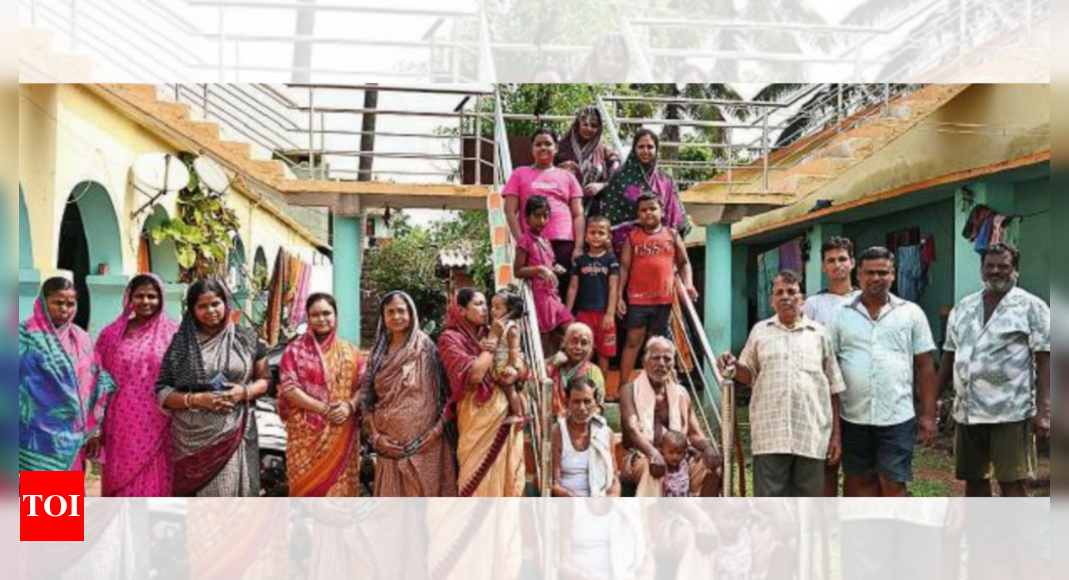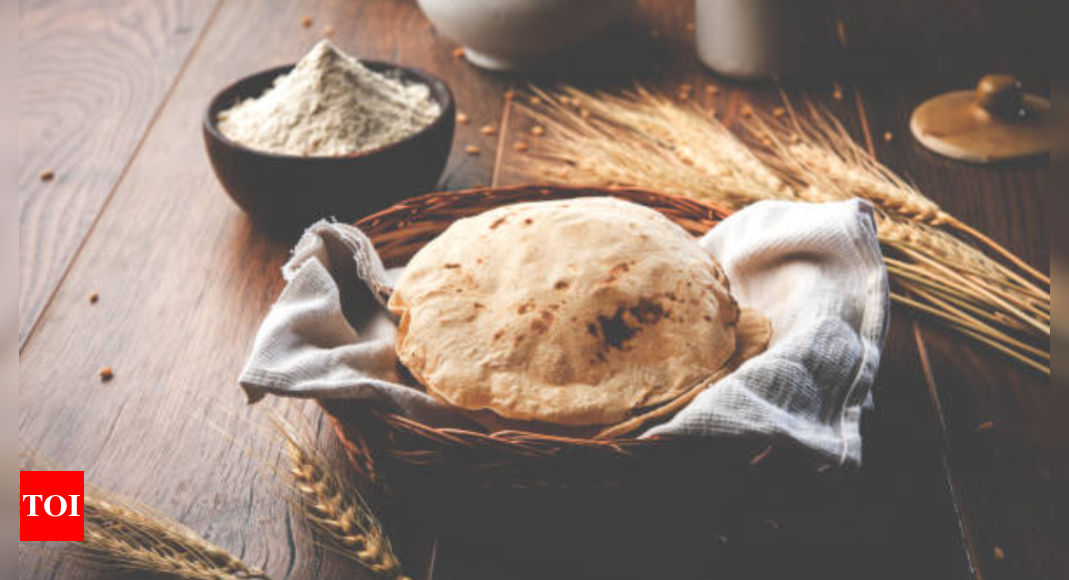The Srichandans are a family of 125 in Gayabandh village in Khordha district of Odisha, 80 of whom are eligible to vote. They have been living together, in a joint family setup, for four generations and the bond is as strong as ever, despite many having left home in search of better-paying jobs in cities.
The family has a sprawling house with 36 bedrooms. For lunch, 16 kg of rice and 4 kg dal are cooked every day. Most members still depend on agriculture.

Come elections and the family gets together to discuss candidates and votes. There is no pressure on anyone though. Unemployment, drinking water problem, elephant menace and lack of irrigation facilities are some of the issues that keep them worried.
“Politics has changed over the years, so have the issues affecting us. Even after getting professional degrees, our children go out of the state for jobs. This even as people from other states are being appointed here,” said Ratnakar Srichandan, who at 85 is the eldest member of the family.
Till 2014, the family sup ported the Congress as one of them, Dillip Srichandan, was a legislator from Khordha between 1995 and 2000. However, he lost in the 2009 and 2014 elections. “To serve the country and its people, we do not always need to contest elections,” said Dilip, who has made planting trees his mission in life. In this, he gets support from the rest of the family.
Senior members like Gopal Srichandan, 80, feel there should be a change in govt. For youngsters like Smruti Ranjan, 23, and Biswajeet, 19, a first-time voter, candidates must focus on local issues.
“Elephant menace, drinking water scarcity and lack of irrigation facilities are major issues. A proposed Manibhadra dam over Mahanadi would have helped irrigate 500 villages in several districts, including Khordha, but is yet to be completed. In summer, vil lagers have to depend on tankers for drinking water. The tankers come once in three days,” rued Gopal.
The Srichandans – belonging to the Paika community – depend on farming as a major source of income. They grow paddy, vegetables and pulses for their own consumption. Besides, cashew, mango, jackfruit and guava are grown in over 200 acres of farmland.
Men, including elders, are engaged in farming. But with time, many of the younger lot have moved out for em ployment. The whole family assembles twice a year – during Holi in March and Dussehra in October. Then there are important social events like weddings when they come together.
The family has a fund, made up of earnings from farming, that covers daily expenses. Those working outside contribute to this kitty too. “We believe in living a frugal life though the family is financially sound and debt-free. We also invest in the education and business ventures of the younger lot,” said Madhu Sudan Srichandan, a third-generation member.
“If you have ever lived in a joint family, you will not want to move out,” said Madhu Sudan. “The family is a huge support system. Love, affection, cooperation and adjustment keep us together. There are differences and misunderstandings, of course, but those are manageable.”









